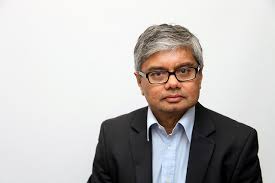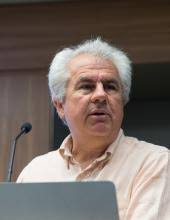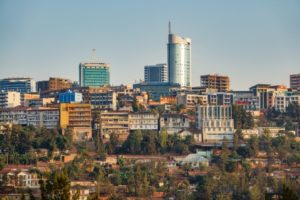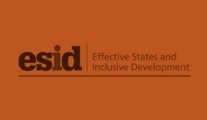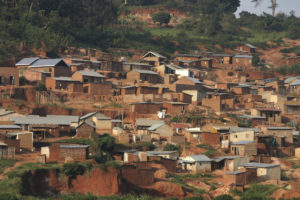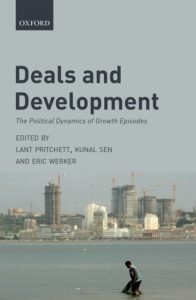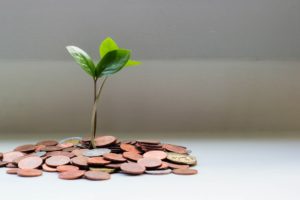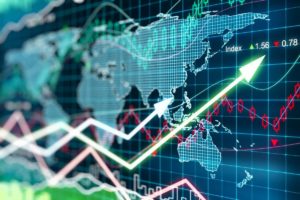| Bangladesh | Malawi |
| Cambodia | Malaysia |
| Ghana | Thailand |
| India | Uganda |
| Liberia |
Researching the politics of development
Economic
Growth

Introduction
Economic growth is usually a prerequisite for widespread improvements in living standards, particularly when it can help drive processes of structural transformation that can provide better jobs and generate higher value products and services.
Most research on growth tends to focus on the influence of certain types of institution. This overlooks the difference between what drives growth take-offs, and what enables countries to sustain growth over time (rather than entering cycles of boom and bust).
We wanted to explore the political drivers of these two different forms of growth across different contexts. We also wanted to understand how the nature of growth, and the types of capitalists and firms involved in this, also shaped the governance context in developing countries.
Key findings
We found that growth trajectories in developing countries are shaped by the nature of deals between actors rather than rules set by institutions. Different stages of growth have different political drivers.
For example, initial growth spurts require deals between political elites and business leaders that are ‘ordered’ but not necessarily ‘open’.
Sustaining growth and achieving structural transformation requires the deals environment to be open as well as ordered.
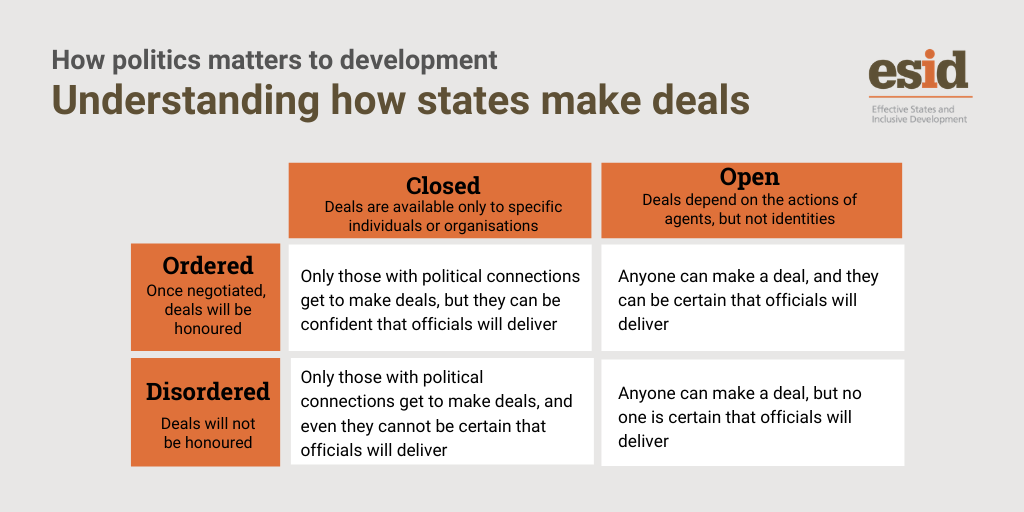
Different types of firm place different types of pressure on public policy and governance institutions. The most positive effects tend to come from manufacturers and small-scale producers. The most negative effects are from monopolists and rentiers.
Case study: Economic growth and the Three Cs
Context
In Bangladesh, we saw the two parties that alternated in power (the Awami League and the Bangladesh National Party) shared a commitment to “ordered deals” for the major growth sectors – such as ready-made garments. Here, ordered deals were maintained across the political divide, no matter which political party was in power.
Capacity
Still, this has not meant growth has led to long-term structural transformation. The “competitive” political settlement did not allow political elites the long time horizon necessary to build capacity in the bureaucracy that could enact the industrial policies necessary for growth in in the more dynamic sectors, such as electronics and pharmaceuticals.
Coalitions
The growth success of Bangladesh was in large part due to the coalition formed between the political and bureaucratic elites on one hand and the business association representing the key growth sector in the economy – ready-made garments. This coalition stayed in place, even when there was a change in power following elections.
Key blogs
Key publications
Countries of Focus
Prof Kunal Sen
Research Director

Kunal Sen is Director Designate of UNU-WIDER, Professor of Development Economics and Policy at the University of Manchester, and Joint Director of Research at ESID with Sam Hickey.
Prof Lant Pritchett
Researcher
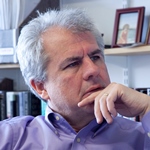
Lant Pritchett is Professor of the Practice of International Development at the Kennedy School of Government at Harvard University. He is working on ESID’s project on the political determinants of economic growth.
Dr Sabyasachi Kar
Researcher
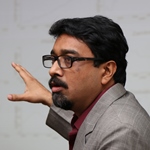
Sabyasachi Kar is Professor at the Institute of Economic Growth, University of Delhi, India, and Honorary Visiting Fellow at the University of Manchester.
Dr Selim Raihan
Researcher
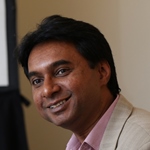
Selim Raihan is Professor at the Department of Economics, University of Dhaka and the Executive Director of the South Asian Network on Economic Modeling (SANEM).
Dr Pritish Behuria
Researcher
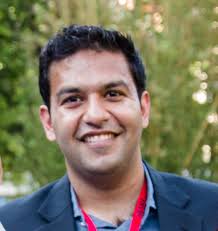
Dr Pritish Behuria is an LSE Fellow and researcher on our political economy determinants of economic growth programme, focusing primarily on Rwanda.
Dr Tom Goodfellow
Researcher

Tom Goodfellow is a senior lecturer in the Department of Urban Studies and Planning at the University of Sheffield, and a researcher on our political economy determinants of growth and urban programmes.
Prof Eric Werker
Researcher

Eric Werker is Associate Professor of Strategy and International Business in the Beedie School of Business at Simon Fraser University (SFU) and academic lead from SFU to the Canadian International Resources and Development Institute. He works on the ESID research project on the Political economy determinants of growth.

